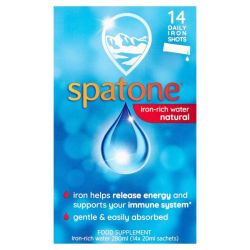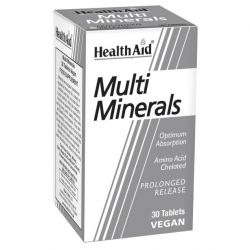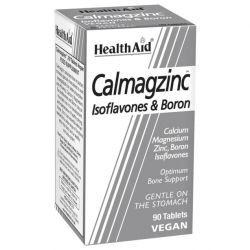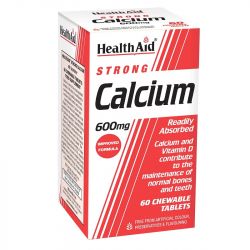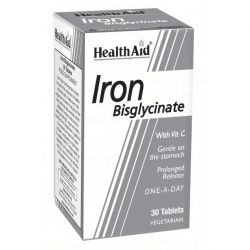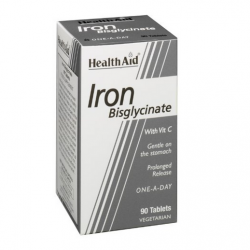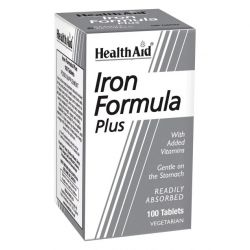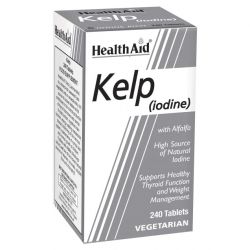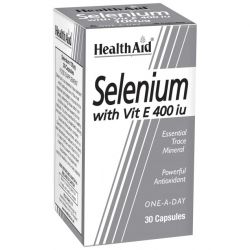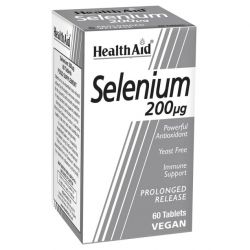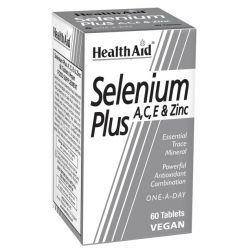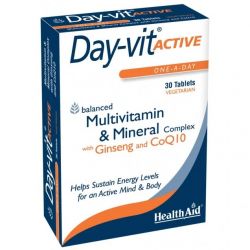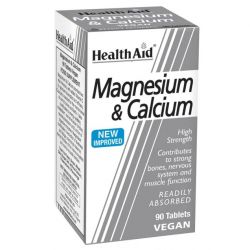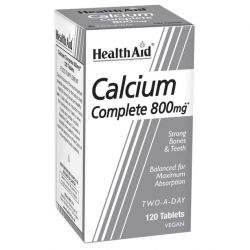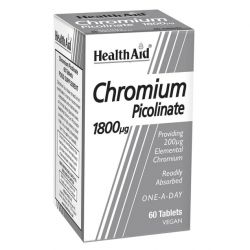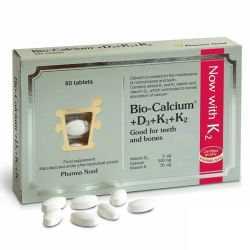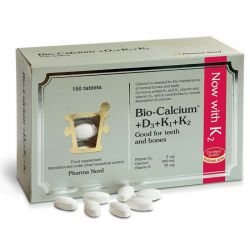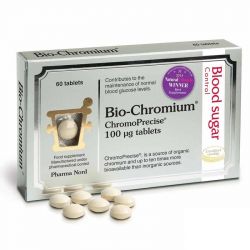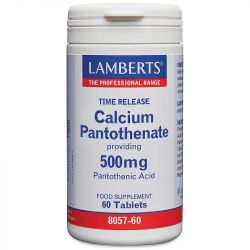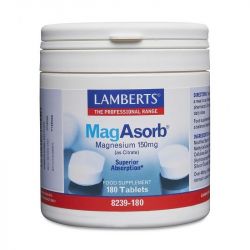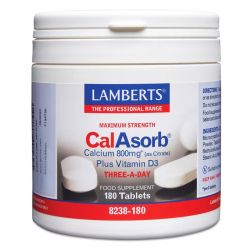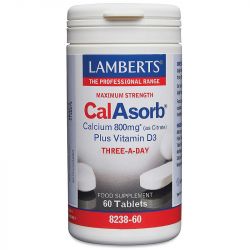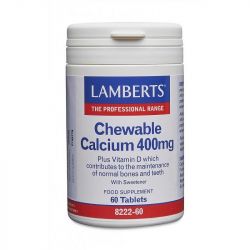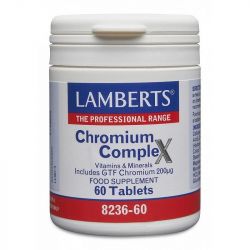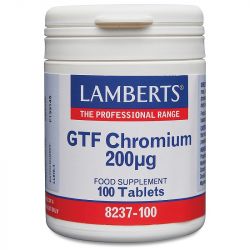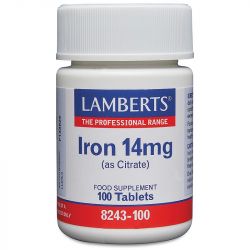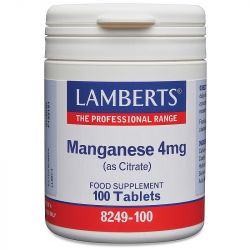Minerals
Our bodies need the right minerals to ensure they are healthy and working properly. It is all too easy to assume that our bodies will do all the work if we eat the right foods, but sometimes the minerals we are getting are not enough. If your diet is lacking in minerals, which can greatly affect everything from your immune system, to your bones and skin, shop our selection of mineral supplements here. We need minerals such as calcium, magnesium, phosphorus, sodium and potassium, as well as iron. Some people need more of one mineral than others, too (men may need more zinc, and menstruating women may require more iron). Keep your mineral levels topped up with our range.
- Lamberts Calcium Pantothenate 500mg Time Release Tablets 60Special Price £10.80 Regular Price £13.50
All you need to know about Minerals
Our bodies need minerals to ensure that they are in optimum condition. Minerals are important to keep our immune system healthy, help our cells to function properly, and to help us have strong bones, as well as healthy skin, hair and nails.
If you feel your diet might be lacking in minerals, and you are experiencing symptoms such as hair loss, fatigue, weakness and dull skin, you should speak to your GP.
What minerals does the body need?
The minerals we need for our body to function properly include iron, zinc, iodine, fluoride, calcium, phosphorous, magnesium, sodium, potassium, copper, selenium, manganese, chromium and a few trace elements that we need in very small amounts. We need all of these minerals, but some people may require more of one mineral than another, based on diet and lifestyle. Generally, we need more of minerals like calcium and magnesium, as these are important for bone health and nervous system function, and less of copper. Pregnant women may also require different amounts of certain minerals, such as more iron.
How many times a day should I take vitamin and mineral supplements?
Usually, multivitamins are taken once per day. You should speak to your GP before taking mineral supplements, so they can determine the correct dosage for your needs. Many multivitamin supplements contain the RDA (recommended dietary allowance) of the minerals you need, so you won't have to worry if you don't get these through your diet.
What are the signs of mineral deficiency?
Symptoms of mineral deficiency include an upset stomach and digestive issues, problems with the immune system (catching colds and viruses often), lack of appetite, muscle cramps, vomiting and nausea, and numbness or tingling in arms and legs, or hands and feet.


